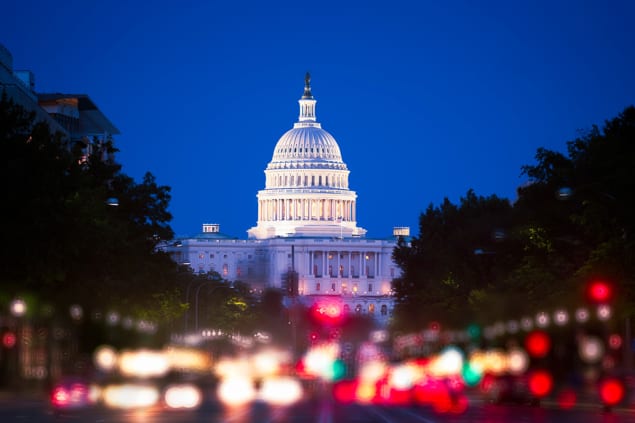
The amount of information about climate change on US government websites has decreased significantly since Donald Trump became president in 2017. That is according to a report by the Environmental Data & Governance Initiative (EDGI), which finds that the amount of language related to climate change on government websites has fallen by more than a quarter.
The EDGI – an organization that analyzes the federal government’s environmental data, websites, institutions and policy – monitored the use of certain words and phrases contained in 5301 government websites between 2016 and 2018. They find a 26% decrease in the use of words such as “climate change”, “clean energy” and “adaptation” while phrases that they say are “employed to undermine a clear analysis” of climate change such as “energy independence”, “resilience”, and “sustainability” rose by the same percentage.
The report reveals that the term climate change has been completely removed from 73 webpages belonging to the Environmental Protection Agency while references to climate change have also disappeared from 63 webpages of other cabinet departments such as the occupational health and safety administration and the transportation department. “Rather than cultivating the informational resources necessary to confront climate change, the Trump administration has attempted to remove the topic from federal agency websites, a clear policy indicator in line with withdrawing from the Paris agreement and the clean power plan,” says the report. Affordable Clean Energy rule ‘worse than doing nothing’
The EDGI’s report suggests that “self-censorship” by government employees could be behind the changes as well as government officials mandating such modifications. Yet other staff members, the report notes, seem intent on resisting the administration’s approach. This includes instances of workers adopting “rogue” social-media accounts to dispute “higher-ups” without “fear of retribution” as well as web managers at the Environmental Protection Agency fixing broken links to resources about climate change.
Clamping down
The disappearance of information about climate change from government websites is not the only evidence of the administration’s effort to remove references to it. Anonymous civil servants at the United States Geological Survey claim that officials have prevented them from using the term climate change in press releases while press reports emerged in June that White House officials tried unsuccessfully to persuade NASA administrator Jim Bridenstine — a former climate-change skeptic — to “systematically sidestep” evidence for climate change coming from NASA programmes.
Last month, the Washington Post reported that the administration blocked an intelligence agency in the state department from submitting testimony to Congress warning that human-caused climate change could have a “possibly catastrophic” impact. Rod Schoonover, the analyst who was scheduled to give the testimony, resigned on 12 July. Writing in the New York Times, Schoonover says that the White House “trampled not only on the scientific integrity of the assessment but also on the analytic independence of an arm of the intelligence community” adding that when the government “can shape or suppress intelligence analysis that it deems out of line with its political messaging, then the intelligence community has no true analytic independence”.



